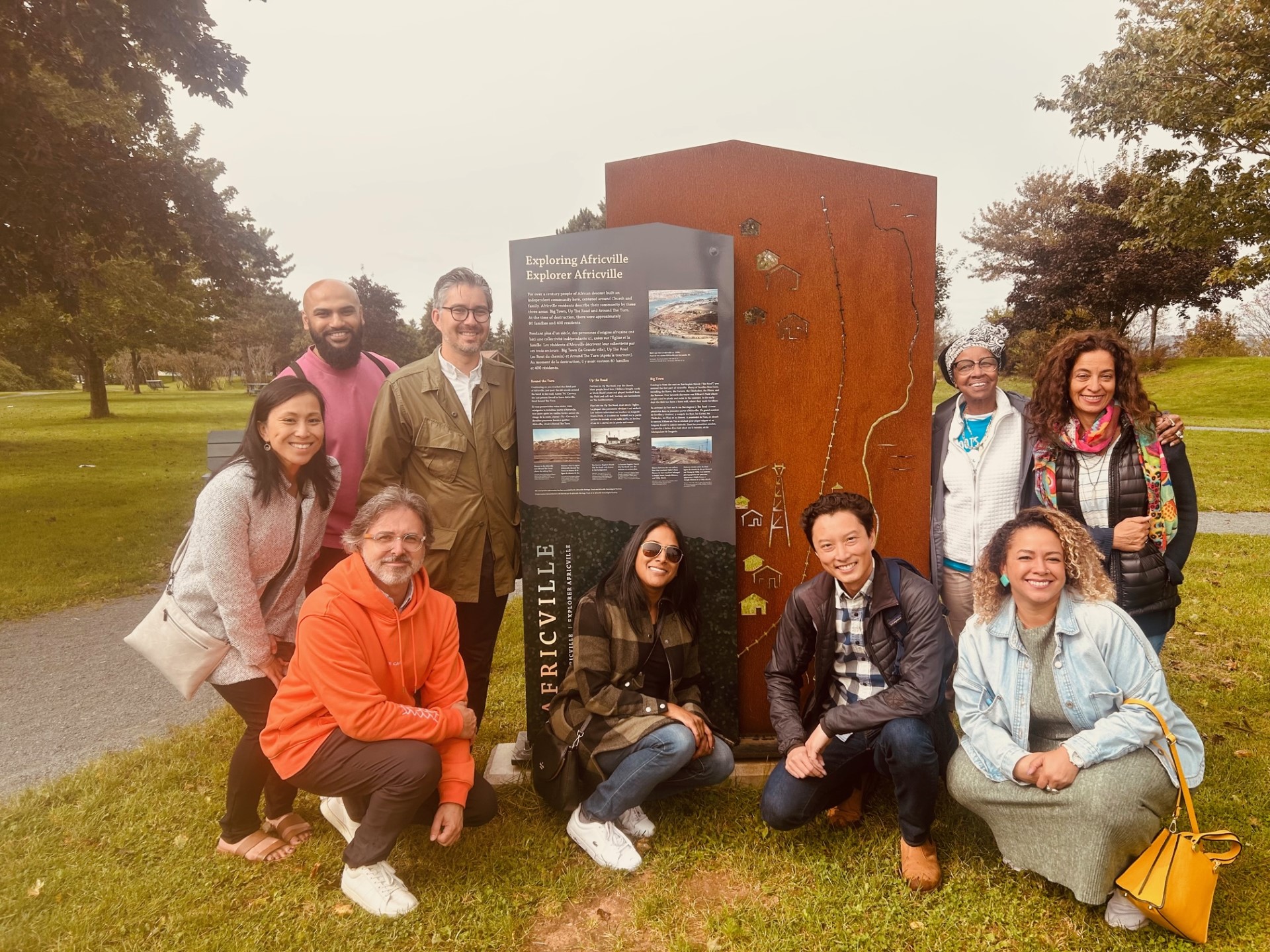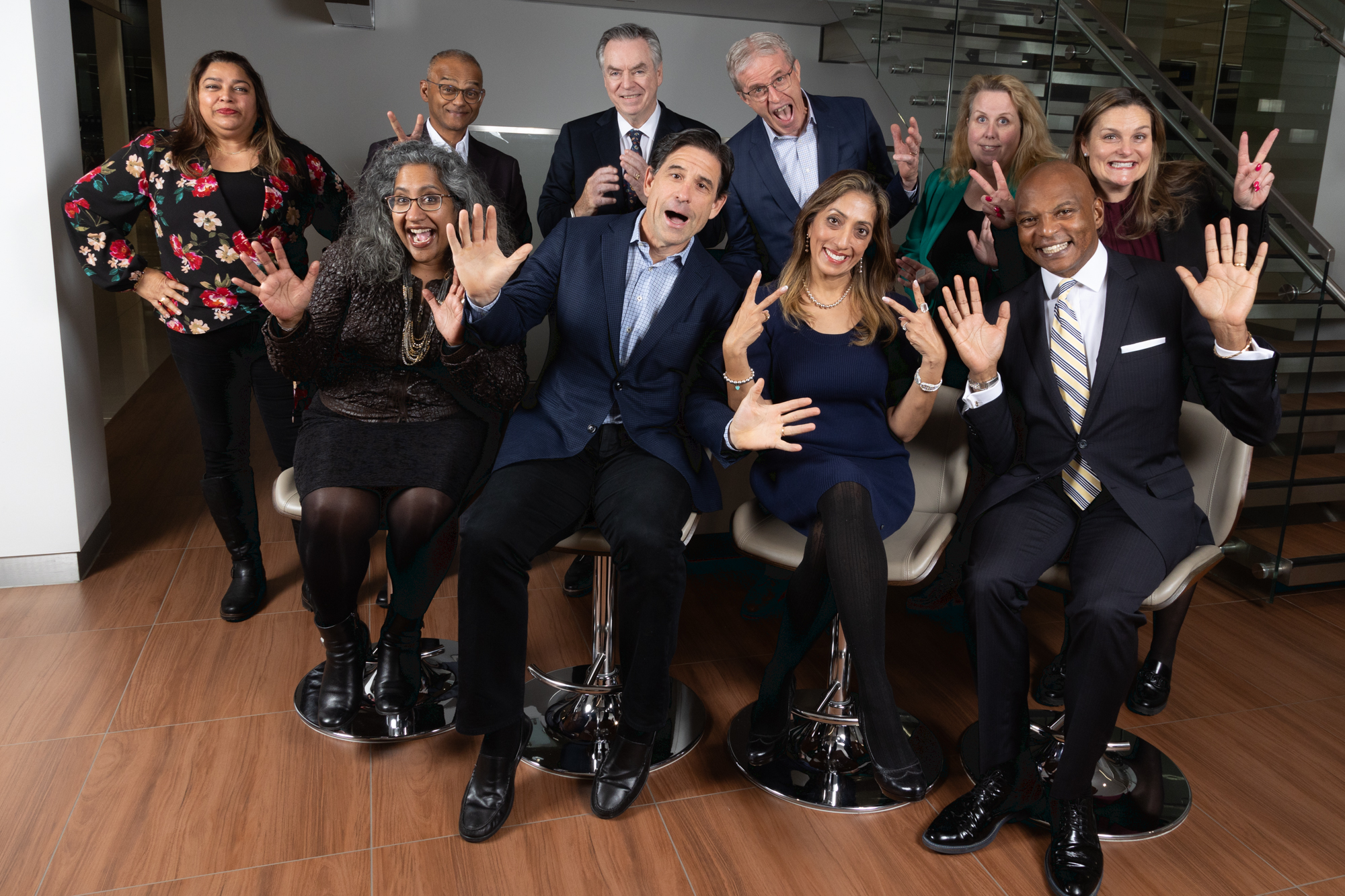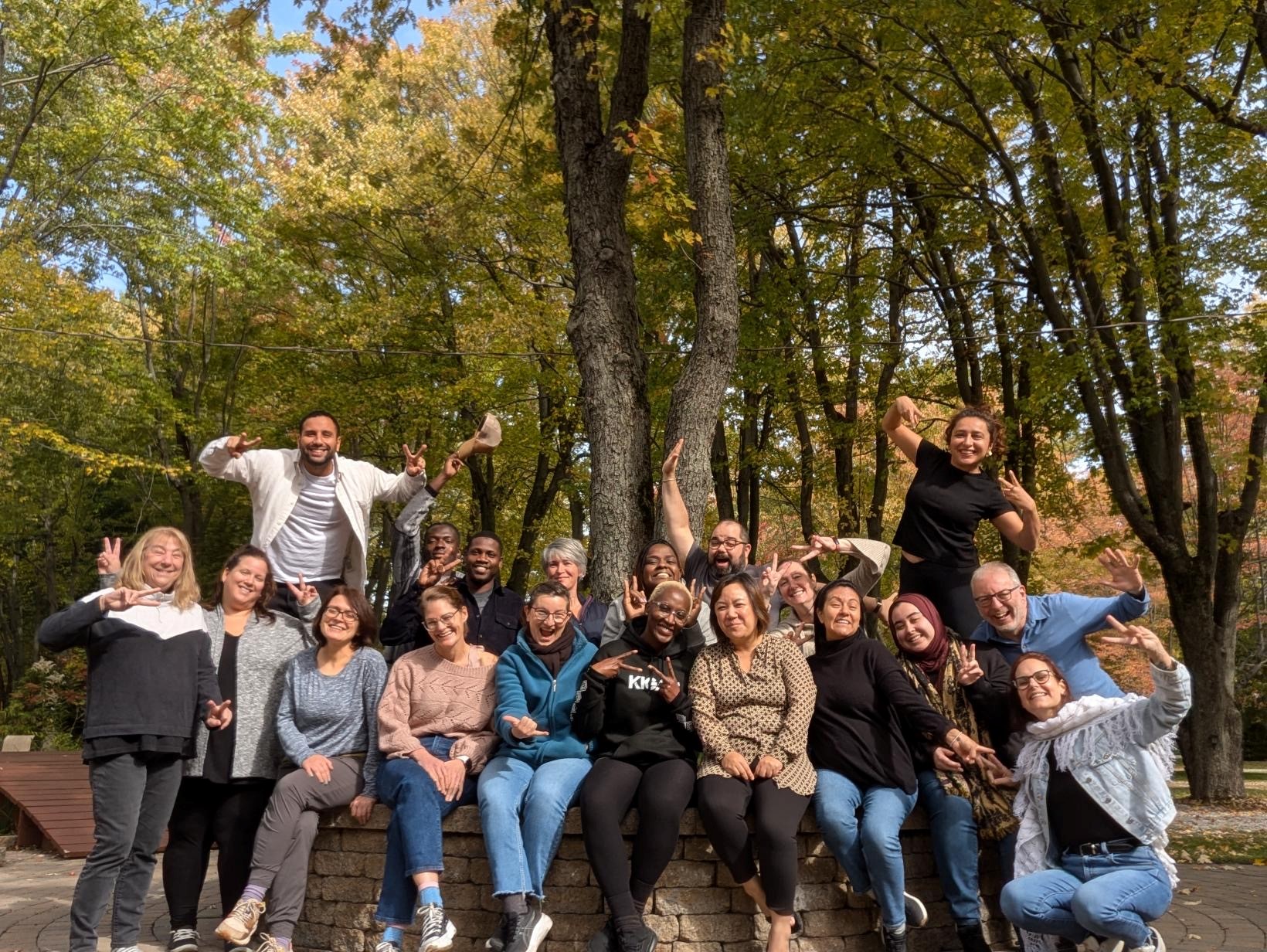“We stopped pretending to be neutral”: Why and how public and community foundations want to shift power dynamics
Why It Matters
Foundations are increasingly seeing that money equates to power, and are therefore directing capital to marginalized communities and grassroots groups.

Public and community foundations say they recognize that philanthropy needs to shift power back to communities.
Several of the foundations that topped Future of Good’s Top 50 Equitable Funders ranking see that they are operating within deeply unequal societies, and are channeling funds towards systemic change, they said.
Examples of this equity-based approach to philanthropy include co-creation with Indigenous communities; removing arduous reporting requirements from grantees’ plates; and focusing on endowments and investments as well as grants.
While private foundations can have all of their funding come from a single donor, family or group of people, public foundations need to be made up of a board of directors or trustees where at least half are “independent of each other or operate at arm’s length.” Community foundations are a type of public foundation.
Here are the top public and community foundations on the Top 50 Equitable Funders list, and an insight into how they have centered equity in their grantmaking practice.
Toronto Foundation
“For years our Toronto’s Vital Signs research and community relationships have underscored the deep inequalities in our society. Those insights inform our equitable granting strategy and donor engagement designed to disrupt traditional philanthropic practices, including flowing more money to smaller, local and equity-focused organizations.
“But we’ve also realized that actively applying an equity lens is just as important internally, as we focus on our people, policies and culture. DEI has become a practice, not a project.”
– Sharon Avery, president and CEO, Toronto Foundation.
Calgary Foundation
“Two things were the inspiration: one was the 2015 Truth and Reconciliation Report. There were 94 calls to action, many of them targeted to government departments and institutions. None were targeted to an organization like ours. So we asked ourselves: ‘What should we do?’
“We put together a community advisory committee of Indigenous people in our city – not all Treaty Seven because we have other parties represented here too. Their advice was to hire a person at the top of the organization to figure it out: not to create an Indigenous granting scheme or specific Indigenous programming, but to bring someone to the top to change the way our organization saw the world and worked.”
– Eva Friesen, president and CEO, Calgary Foundation.
Inspirit Foundation
“We know that the communities we work with have shifting needs from a funder and collaborator. So we are constantly learning and changing as well; as a small foundation, we can be nimble and still hold firm to our mission and the long-term vision.”
– Sadia Zaman, CEO, Inspirit Foundation
Vancity Community Foundation
“Philanthropy in Canada has long perpetuated systems of inequality where the wealthy and powerful control and move money in ways that benefit themselves. At the Vancity Communication Foundation, we have been working hard to undo this harm by working differently and moving control into the hands of those closest to the problems as they are best suited to develop the solutions.
When we move beyond distributing money and start distributing power, we can build thriving communities where lives are dignified and nature is in balance.”
– Genesa Greening, CEO, Vancity Community Foundation
United Church of Canada Foundation
‘We’re applying DEI principles to all aspects of the Foundation’s work, such as: ensuring a portion of our investments are tied to and report on DEI goals, engaging staff in culturally specific fundraising training, exploring alternative ways of applying and reporting in granting programs, employing trust-based approaches to grant, and developing ways to ensure donor diversity.
“Our commitment is fluid and will continue to evolve, but centering all of our work in diversity, equity and inclusion is a cornerstone of our journey. In 2022, our Board named four priority areas for our organization: anti-racism, support for communities of faith, reconciliation with Indigenous peoples, and climate justice.
“Almost three years later, these priorities continue to guide our work; they’ve rooted us and helped create and deepen supportive, collaborative relationships with others across the Church and non-profit and social good sectors.’
– Sarah Charters, president of United Church of Canada Foundation
Vancouver Foundation
‘Vancouver Foundation seeks to embed equity into its work by aligning organizational strategies and priorities that are informed by the principles of justice, equity, diversity, and inclusion, and our commitment to Rights Relations. This means that our approach to equity is rooted in the guiding principle of: “Nothing about us, without us, if for us”, so that decisions are made alongside the communities that will be most impacted.
“We use a trust-based approach to grantmaking that increases access to flexible, operational funding that provides long-term, sustainable support. We intentionally co-design identity-based grant programs with members of the community like the Thriving Indigenous Systems Fund which was designed with Indigenous leaders, experts, and community members.
“We are also finding ways to lower barriers to applications and have implemented a randomized selection process using an equity lens to reduce reviewer bias.’
-Jenny Lee-Leugner, director of communications, Vancouver Foundation

Oakville Community Foundation
“Our approach is to make our organization reflective of our community. Our community has changed phenomenally in the last decade: 25 per cent of the population used to identify as racialized, and now it is getting closer to 50 per cent.
“When I started nine years ago, it was an all-white board and staff, and few funds were held by racialized members of the public. We took the position that we needed to take a broad approach, looking at who we brought on as staff and volunteers, and not just our grantmaking.
“We’ve done a lot of work with the Mississaugas of the Credit and the urban Indigenous population. We have an elder from the Mississaugas of the Credit who advises us on what is culturally appropriate.
“We’re not just looking at the grant but how it is adjudicated, and how the charity is in the community. We monitor where new charities are arising, and who are the groups behind them.”
– Wendy Rinella, CEO, Oakville Community Foundation

Fondation du Grand Montréal
“We made a decision that for all of our programmes and grants, almost half would go to equity-deserving communities – just by being intentional about it, we got to 66 per cent in the first year. We stopped asking community organizations to submit reports for grants of $5,000 to $10,000. It’s paperwork that doesn’t serve any purpose. We also started distributing grants to Indigenous organizations in our territory – we just sent cheques, without asking for reports.
“We are trying to shift the relationship away from our ivory tower. The philanthropic model is based on inequalities and inequities. We receive, manage and invest capital in the same economic system that creates inequalities and destroys the planet.
“When you look at the philanthropic sector, there is a big lens on granting, and a much smaller lens on endowments and investments. Our endowment is managed with the same values as our granting is.”
– Karel Mayrand, president and CEO, Fondation du Grand Montréal
MakeWay Foundation
“At MakeWay, we strive to put equity at the heart of everything we do—including our grantmaking, internal culture, and efforts to influence the deeply unequal charitable and philanthropic sectors. Our vision is a planet where nature and communities thrive, and we know this requires explicitly shifting power and resources to foster long-term, systemic change.
“We are constantly learning how to better support community changemakers and create workplaces where everyone feels a sense of belonging. Equity is not just a goal and value for us, but also an organizing principle. We are excited to be part of the growing momentum to shift power and transform philanthropy.”
Definity Insurance Foundation
“Centering equity in impact-focused philanthropic work requires moving across the continuum from a charitable model to a justice-oriented approach, while unlearning practices that have upheld the status quo.
“The Definity Foundation is guided by our core values of community, integrity and justice. We use a relational approach allowing us to build trust, listen to understand and support the self-determination of communities who are disproportionately affected by systemic barriers to climate, health, social, and economic justice.
“We remain agile and willing to adjust our course as we learn, ensuring that our practices are relevant and responsive to the communities we serve. We also recognize trusting and collaborative partnerships are essential to addressing intractable problems, and they require all the resources we can collectively bring to bear. Addressing inequities requires us to push boundaries, drive innovation and collaboratively advance community-led solutions.”
– Abby Wong, manager of strategic and granting projects, Definity Insurance Foundation


